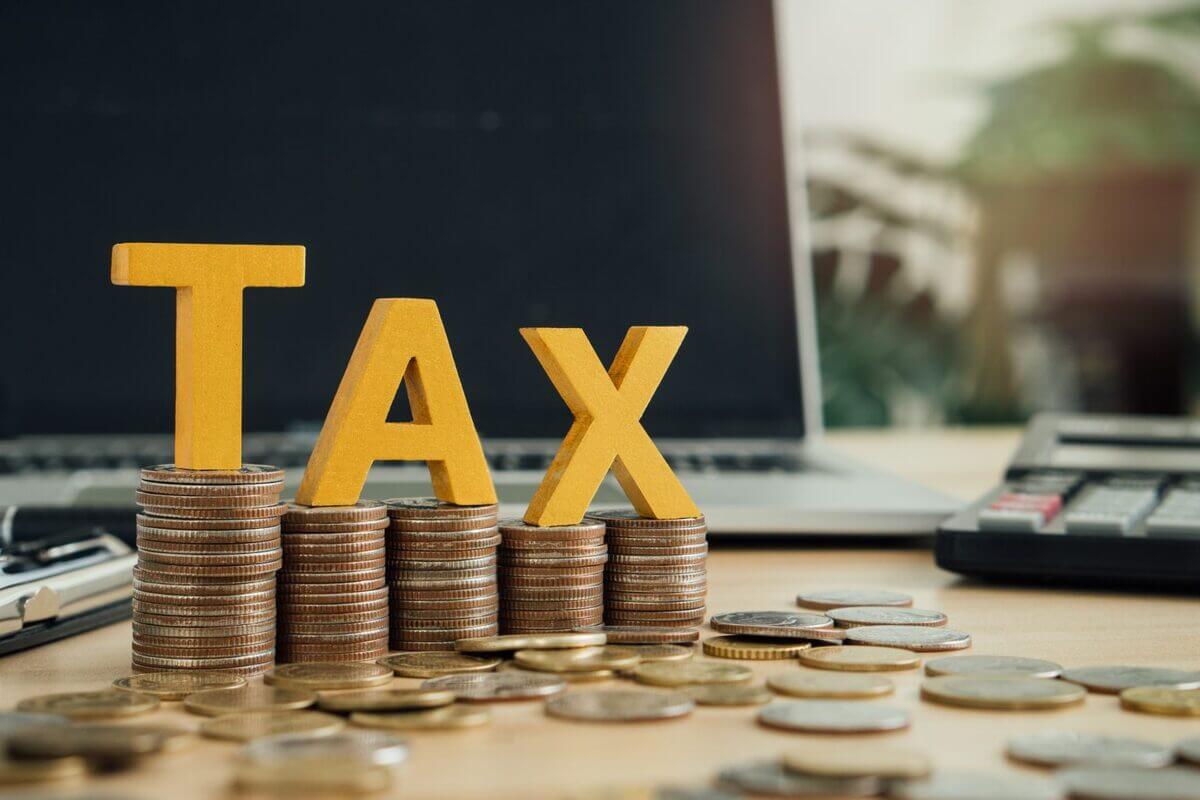The New Jersey Exit Tax steps into the stage when individuals sell their home in the state or move out of NJ. This application is not a penalty for relocation instead of the popular belief. It is a withholding tax applied on real estate sales in order to make sure that non-residents fulfill New Jersey real estate tax obligations alongside NJ capital gains tax liabilities.
This guide is presented to answer initial questions like “What is the NJ exit tax and how does it work?” as well as “How to avoid the New Jersey exit tax when selling a house.” Surrounding rules should be acknowledged well by the sellers who need to plan ahead in order to minimize surprise liabilities.
Understanding the New Jersey Exit Tax
The term “New Jersey Exit Tax” creates confusion. It is not an extra tax. On the other hand, it is a withholding tax on real estate sales. NJ exit tax is applied to taxpayers moving to another state after selling a home in New Jersey and might have a burden in terms of NJ capital gains tax liabilities.
Who Has to Pay It?
This withholding applies to non-New Jersey residents at the time of closing and selling property within the state. Full-time residents are exempt. The answer to the question “Does New Jersey really charge an exit tax?” is that this is a prepayment of potential tax obligations rather than an actual NJ exit tax.

How the New Jersey Exit Tax is Calculated
The New Jersey Exit tax necessitates sellers to prepay state taxes before moving out of New Jersey in the case of home selling. The withholding is calculated in line with the higher of the below two amounts:
- 8.97% of the taxable gain (capital gain) from the sale
- 2% of the total sale price
Example Calculation
Suppose a property is sold for $500,000 with a $100,000 gain:
- 8.97% of the gain: $8,970
- 2% of the sale price: $10,000
Since the 2% withholding tax on real estate sales results in a higher amount, the seller would need to pay $10,000 at closing.
Who is Exempt from the NJ Exit Tax?
Not all sellers are subject to the New Jersey Exit Tax. Exemptions are outlined below:
- Current New Jersey Residents: Legal residents of New Jersey are not subject to the withholding tax on real estate sales.
- No Capital Gain: If the sale does not generate a taxable NJ capital gains tax obligation—like when selling at a loss—qualification for an exemption is possible.
- Qualifying Exemptions: Transactions like inheriting property or meeting specific New Jersey real estate tax residency requirements might exempt sellers from withholding.
How to Minimize or Avoid the Exit Tax
Indeed, the New Jersey Exit Tax is mandatory for non-residents. However, there are methods to lower or recover the amount withheld:
- Verify and Document Your Residency: If individuals are still New Jersey residents when selling a home in New Jersey, they should document their residency status to prevent surprise withholding tax on real estate sales.
- File for a Refund: If the withheld amount surpasses the actual NJ capital gains tax obligation, a New Jersey real estate tax return can be filed to claim a refund.
Common Myths and Misconceptions
- It is not a penalty for moving out of New Jersey: The withholding tax on real estate sales makes sure that sellers complete their New Jersey real estate tax obligations. It is not meant to discourage relocation.
- Not all sellers are required to pay it: Only non-residents selling property in the state are subject to the NJ exit tax.
- It is not a double tax: If the amount withheld exceeds the actual NJ capital gains tax liability, a state return can bile filed for a refund.
Final Thoughts: Should You Worry About the NJ Exit Tax?
If individual taxpayers are selling a home in New Jersey and moving out of New Jersey, the New Jersey Exit Tax laws should be acknowledged. Iit is simply a withholding tax on real estate sales practice for the collection of New Jersey real estate tax.
Sellers are able to recover overpaid amounts by filing a state tax return. Especially in the case when their actual NJ capital gains tax liability is lower than the withheld amount. If you are looking for an answer to “How to avoid the New Jersey exit tax when selling a house,” tax professionals can establish full compliance and present necessary plans.
Planning to sell your home in New Jersey? Contact a tax expert to ensure you don’t overpay on the NJ Exit Tax!
Frequently Asked Questions (FAQ)
You cannot totally avoid it if you are a non-resident. But, reducing its impact is possible by properly filing for exemptions or claiming a refund.
The tax ensures that non-residents meet their New Jersey tax obligations before leaving.
The exit tax in New Jersey was introduced in 2004 under Governor Jim McGreevey.
It is the greater of 8.97% of the capital gain or 2% of the sale price.
Exemptions like $250,000/$500,000 primary residence exclusion might be applied if you meet residency and usage criteria.
It depends on the gain. If you make a profit, you may owe NJ state capital gains tax in addition to federal taxes.









